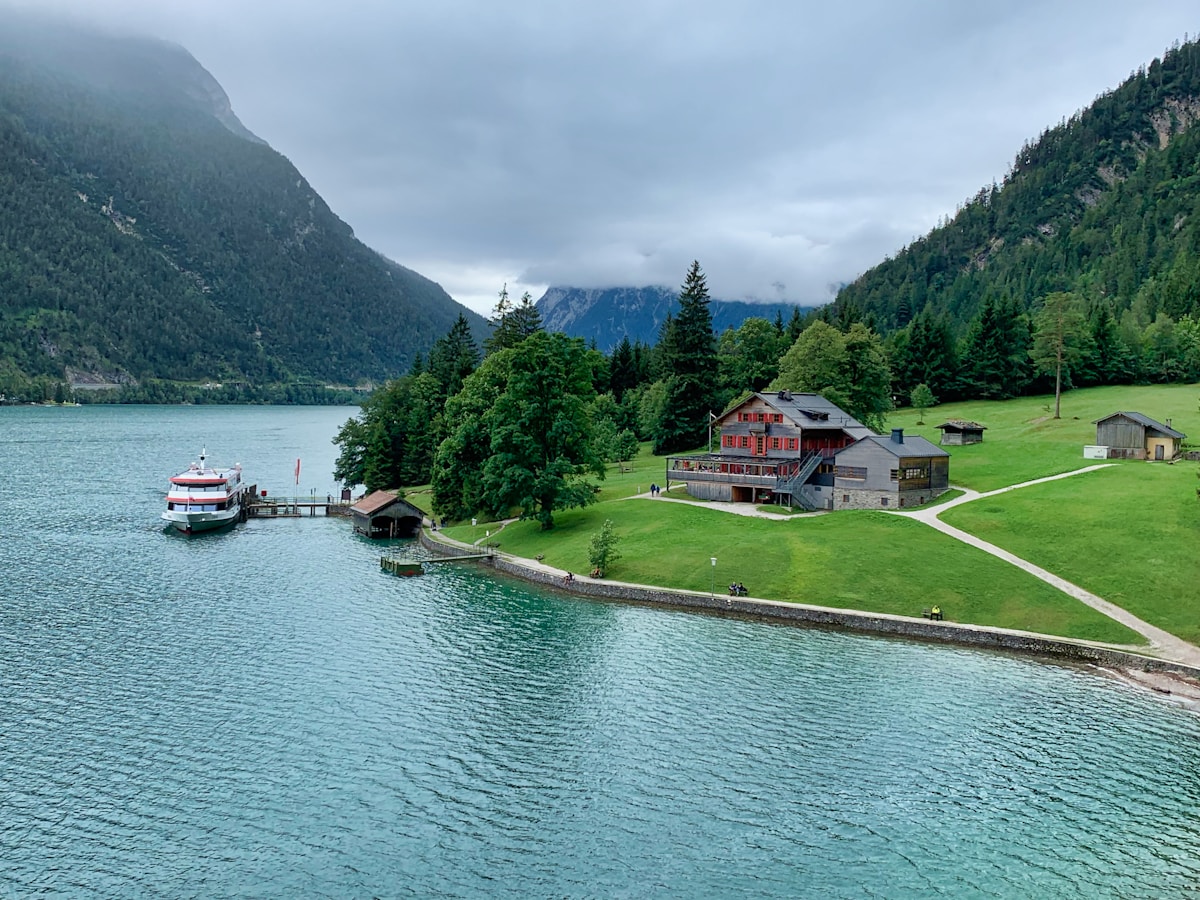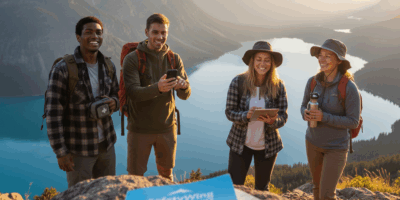Solo Female Travel: Honest Safety Tips
Women travel solo all over the world. It’s generally safer than people think, but some precautions help.
Before You Go
Research the culture. Dress codes, behavior norms, attitudes toward women. Not to scare you – to prepare you. What’s normal at home might draw attention elsewhere.
Book reputable accommodation. Read reviews from other women specifically. Look for mentions of safety, neighborhood, and staff helpfulness.
Share your itinerary. Someone at home should know where you’re staying and rough plans. Check in regularly.
On the Ground
Trust your gut. If something feels off, leave. You don’t owe anyone politeness when you feel uncomfortable. Walk away, make an excuse, do whatever you need to.
Blend in. Observe what local women wear and do. Looking like a tourist makes you a target for scams and worse. Leave the fancy jewelry at home.
Stay aware. Especially at night. Know where you’re going before you walk. Don’t bury your face in your phone. Watch your drink.
Practical Stuff
Keep copies of documents in multiple places – cloud storage, email to yourself, in your bag separate from originals.
Download offline maps. Know how to get back to your hotel without internet.
Have enough local currency for a taxi from anywhere back to safety.
Meeting People
Public places for first meetups with new friends. Group tours and hostel common rooms are safer ways to connect than bars.
It’s okay to lie about traveling alone. “My boyfriend is meeting me later” is fine if it makes you feel safer.
The Reality
Most trips are uneventful. Most people are good. But being prepared helps you handle the rare situations that aren’t.
Solo travel is empowering. Take reasonable precautions and go see the world.



